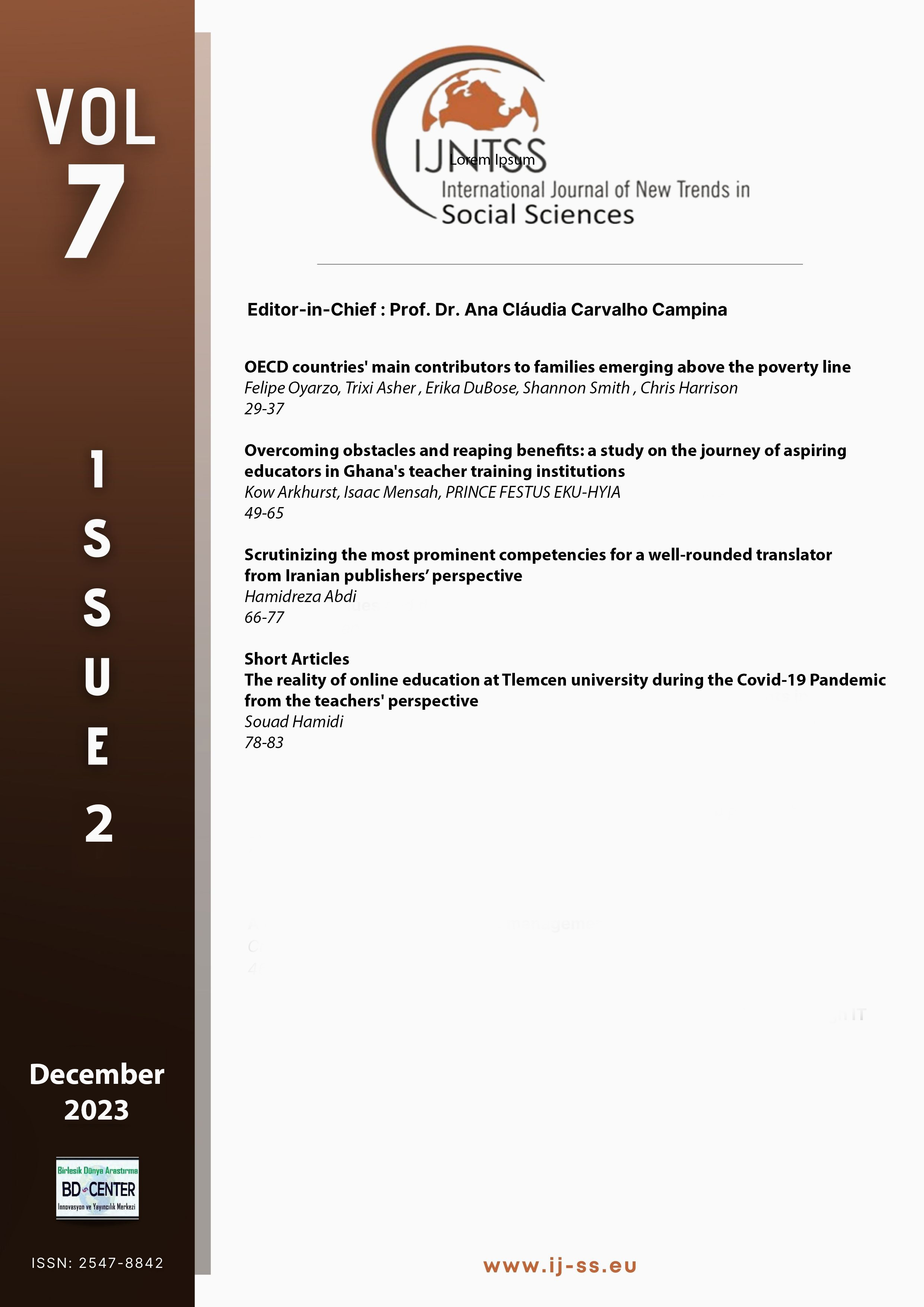Scrutinizing the most prominent competencies for a well-rounded translator from Iranian publishers’ perspective
Main Article Content
Abstract
The present study aims to examine the competencies that Iranian managers of publishing companies consider when hiring translators. To achieve this, a Likert scale questionnaire with 16 items was designed to gather opinions from managers in publishing companies in Iran about the competencies necessary for a well-rounded translator A chi-square test was conducted to determine if there is a significant relationship between each competency and the publishers. As the results showed, there is a significant relationship between the publishers and translation service provision and language competencies. However, there is no significant relationship between the publishers and intercultural, information mining, thematic, and technological competencies. The results indicated that the most important competencies for enhancing a translator's productivity are technological, language, and translation service provision competencies. Additionally, the present study provides some pedagogical implications that can be beneficial to translation students and those involved in the translation sector, such as translation offices.
Keywords: Competence; translator; publishing company; well-rounded translator
Downloads
Article Details

This work is licensed under a Creative Commons Attribution-NonCommercial-NoDerivatives 4.0 International License.
Authors who publish with this journal agree to the following terms:
- Authors retain copyright and grant the journal right of first publication with the work simultaneously licensed under a Creative Commons Attribution License that allows others to share the work with an acknowledgement of the work's authorship and initial publication in this journal.
- Authors are able to enter into separate, additional contractual arrangements for the non-exclusive distribution of the journal's published version of the work (e.g., post it to an institutional repository or publish it in a book), with an acknowledgement of its initial publication in this journal.
- Authors are permitted and encouraged to post their work online (e.g., in institutional repositories or on their website) prior to and during the submission process, as it can lead to productive exchanges, as well as earlier and greater citation of published work (See The Effect of Open Access).
